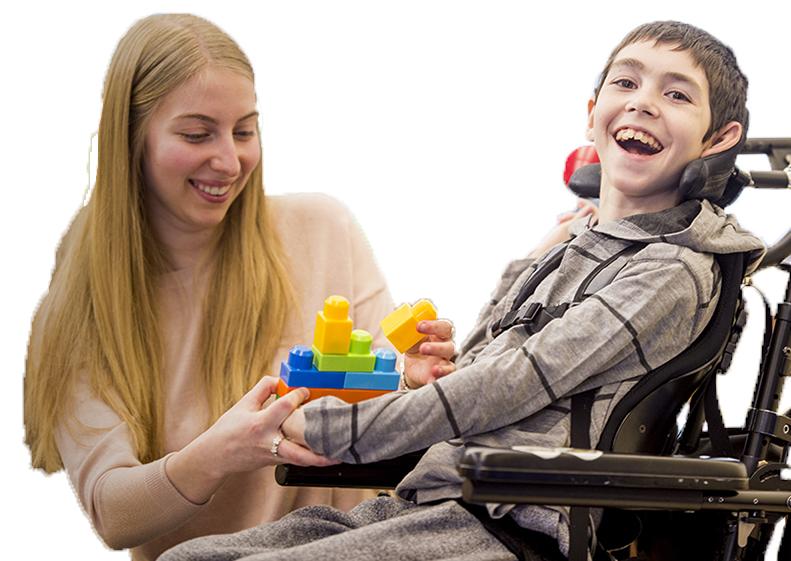Resources Directory
Search below to find a hospital, doctor, therapy, and more

The Association for Persons With Severe Handicaps (TASH)
The Association for Persons with Severe Handicaps (TASH) is an international leader in disability advocacy. Founded in 1975, TASH advocates for human rights and inclusion for people with significant disabilities and support needs – those most vulnerable to segregation, abuse, neglect and institutionalization. TASH works to advance inclusive communities through advocacy, research, professional development, policy, and information and resources for parents, families and self-advocates. The inclusive practices TASH validates through research have been shown to improve outcomes for all people.
TASH is governed by a board of directors and is supported by a network of members, volunteers, committees and chapter organizations. The TASH membership includes a diverse array of individuals and perspectives, including researchers, professionals, direct service workers, family members and people with disabilities. Together, we share a commitment to quality lives for the people for whom we advocate."
Our Mission
As a leader in disability advocacy for more than 35 years, the mission of TASH is to promote the full inclusion and participation of children and adults with significant disabilities in every aspect of their community, and to eliminate the social injustices that diminish human rights. These things are accomplished through collaboration among self-advocates, families, professionals, policy-makers, advocates and many others who seek to promote equity, opportunity and inclusion. Together, this mission is realized through:
Advocacy for equity, opportunities, social justice and human rights
Education of the public, government officials, community leaders and service providers
Research that translates excellence to practice
Individualized, quality supports in place of congregate and segregated settings and services
Legislation, litigation and public policy consistent with the mission and vision of TASH
The focus of TASH is supporting those people with significant disabilities and support needs who are most at risk for being excluded from society; perceived by traditional service systems as most challenging; most likely to have their rights abridged; most likely to be at risk for living, working, playing and learning in segregated environments; least likely to have the tools and opportunities necessary to advocate on their behalf; and are most likely to need ongoing, individualized supports to participate in inclusive communities and enjoy a quality of life similar to that available to all people.
Our Vision
TASH has a vision of a world in which people with disabilities are included and fully participating members of their communities, with no obstacles preventing equity, diversity and quality of life. TASH envisions communities in which no one is segregated and everyone belongs.
This vision will be realized when:
All individuals have a home, recreation, learning and employment opportunities
All children and youth are fully included in their neighborhood schools
There are no institutions
Higher education is accessible for all
Policy makers and administrators understand the struggles of people with disabilities and plan – through laws, policies and regulations – for their active participation in all aspects of life
All individuals have a way to communicate and their communities are flexible in communicating in alternate ways that support full participation
Injustices and inequities in private and public sectors are eradicated
Practices for teaching, supporting and providing services to people with disabilities are based on current, evidence-based strategies that promote high quality and full participation in all aspects of life
All individuals with disabilities enjoy individualized supports and a quality of life similar to that available to all people
All individuals with disabilities have the tools and opportunities to advocate on their behalf
